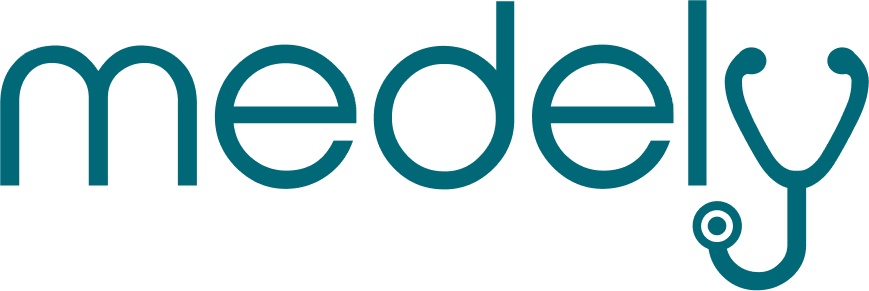The dreaded phone interview. There’s something about not being able to see your interviewer’s face that makes this process just a little bit more terrifying than the traditional interview. In this day and age, it’s usually the first part of the entire hiring process, and completely unavoidable if you’re serious about finding a job.
Luckily, this is a been there, done that for the Medely crew, and we’re here to help you practice and prepare your best answers for the standard questions that populate most nursing job interviews. So get out your notebooks, and prepare to write down some best practice tips for getting through phase one of your next job in the field of nursing.
Tips for Preparing for a Phone Interview
While we’d love to give you a surefire formula for getting through your next interview, we’re sad to say there just isn’t one. Different institutions have different values, practices, and cultures, and you will want to have some insider understanding before you pick up the phone. The point of a remote interview is to screen candidates for basic knowledge and company fit, so make sure you stand out by following a few simple steps:
- Do your homework. Try to learn as much as you can about the organization, as well as the position for which you’ll be interviewing, before you pick up the phone. Pick up information about the values, history, and mission of the particular hospital or clinic. This will help you stand out from candidates who just “want the job.” Additionally, understanding the job description to a T before your phone interview will help your answers to interview questions be and sound more confident, and allow you to practice your responses in detail.
- Have your own questions ready to go. Interviewers always ask, “Do you have any questions for me?” This is a golden opportunity to show a recruiter that you are truly interested. If the interviewer is the chief nurse or nursing supervisor, you might ask them what their management style is like, and what specific expectations they have of their staff. Another question might be, “What is the company culture like?” or “How tightly knit are the staff?” This kind of inquiry demonstrates that you are ready to become part of a community. And if the interviewer hasn’t already explicitly outlined the next steps in the hiring process, finish up your conversation by asking what you can do next, or when you can expect a follow-up.
- Practice, practice, practice. Go through a list of possible interview questions alone or with a friend, and practice your answers. If you’ve made it this far, you definitely already know what you’re doing. But you can never be too prepared. Rehearsing responses will take the edge off of the pre-interview jitters, and allow you to speak clearly, confidently, and give well-thought out answers.
Nursing Phone Interview Questions
We’ve scoured the web, and our own repertoire, to come up with the 15 most common questions asked during nursing interviews. Use this list to get prepped with confident, clear, and succinct responses that will be sure to impress your next hiring manager.
- Why did you choose a career in nursing?
- Describe a situation when you had to work closely with a difficult coworker. How did you handle the situation?
- Describe a time in your life when you failed. How did you handle the situation, and what were the results?
- Describe a time in your life when you were successful. What do you think lead to this triumph?
- Describe a time you experienced conflict with someone in leadership. How did you handle this situation?
- Describe a time you were proud to be a part of your team. How did you contribute to the success of your group?
- Describe a time when you were under a great deal of pressure. How did you handle the situation, and what were the results?
- Tell me about a time you stepped into a leadership role.
- How do you practice self-care?
- How might you deal with a patient who is dissatisfied with their care?
- If you saw someone administering improper medicine, or otherwise performing malpractice or negligence, what would you do?
- How do you communicate with patients or their family members who do not understand medical jargon? How have you explained medical terminology to someone with no medical training?
- Describe how you prioritize tasks and maintain excellent patient care while working in a fast-paced setting.
- Describe a time when you went above and beyond your job requirements. What was the situation, and why did you choose to go the extra mile?
- What do you find to be the most difficult thing about being a nurse? How do you overcome this difficulty?
Get ready to smash your next interview out of the park with our list of preparatory questions. You already have what it takes, now it’s time to show the world. Good luck, and happy job hunting!
Need to brush up on your anatomy terminology? Check out another article from Medely, Anatomy Study Guides for Nurse Students for books, programs, and games that will keep your knowledge and terminology scalpel-sharp. Medely is a platform that helps nurses set their own schedules and work on their own terms by delivering per-diem opportunities right to your phone. If you want a schedule that’s easier on your nerves, you can sign up here for free.
